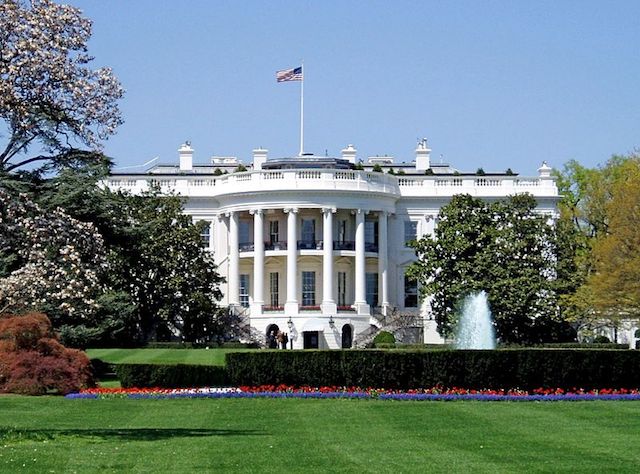On July 21, President Joe Biden (D) announced on social media platform X that he was ending his campaign for re-election. In a statement, Biden said: "It has been the greatest honor of my life to serve as your President. And while it has been my intention to seek reelection, I believe it is in the best interest of my party and the country for me to stand down and to focus solely on fulfilling my duties as President for the remainder of my term."
In a separate post on X, Biden endorsed Vice President Kamala Harris (D) to replace him at the top of the ticket: "Today I want to offer my full support and endorsement for Kamala to be the nominee of our party this year. Democrats—it's time to come together and beat Trump. Let's do this."
Following the first 2024 presidential debate on June 27, Democratic elected officials commented publicly on President Biden's debate performance and his presidential candidacy. Between June 27 and July 21, 32 members of the U.S. House of Representatives and five members of the U.S. Senate publicly said Biden should suspend his presidential campaign.
The Associated Press’ Farnoush Amiri wrote, "It all amounts to a stunning and swift turn of events for Biden, his campaign and his allies on Capitol Hill, who have spent the better part of the last several years combatting criticism about the president’s fitness and defending his ability to serve another four-year term, at the end of which he would be 86 years old. But Biden’s shaky performance during the debate with Trump has shaken Democratic support to its foundations, with members of the party at all levels entertaining the possibility that he can no longer be the nominee."
Up until July 21, Biden maintained that he would continue running.
Biden became the presumptive Democratic presidential nominee on March 12, 2024, when he was projected to receive the majority of delegates necessary to win at the Democratic National Convention, scheduled for Aug.19-22 in Chicago, Illinois. Biden's nomination was not set to become official until delegates cast their votes at a national roll call.
The last time an individual on a major party presidential ticket was replaced was in 1972, when Democratic vice presidential nominee Thomas Eagleton withdrew two weeks after the Democratic National Convention when details about his mental health treatment were publicized. Democratic presidential nominee George McGovern (D) selected a new running mate, who was then certified at a meeting of the Democratic National Committee.
Biden's withdrawal from the race means that, according to current Democratic National Committee (DNC) rules, the party will have an open convention in which delegates participate in rounds of voting until a new candidate receives a majority of convention delegate votes. The Democratic Party's 2024 Delegate Selection Rules do not provide specific guidance for how delegates should vote if their candidate withdraws. The rules say the following about how a delegate should vote:
- "No delegate at any level of the delegate selection process shall be mandated by law or Party rule to vote contrary to that person’s presidential choice as expressed at the time the delegate is elected." Rule 13.I (p. 15)
- "Delegates elected to the national convention pledged to a presidential candidate shall in all good conscience reflect the sentiments of those who elected them." —Rule 13.J (p. 15)
Fourteen states have laws binding presidential convention delegates to vote according to how they were allocated after the state's primary, but 12 of those states allow delegates to be released when a candidate withdraws or after a specific number of rounds of voting at the national convention. If the voting proceeded to a second round, automatic delegates, often referred to as superdelegates, would be allowed to cast votes. Automatic delegates are unpledged, meaning they can support any presidential candidate of their choosing. In 2024, there are an estimated 747 automatic delegates, and 3,949 pledged delegates.
Click here to see more answers to frequently asked questions surrounding the 2024 Democratic presidential nomination.



